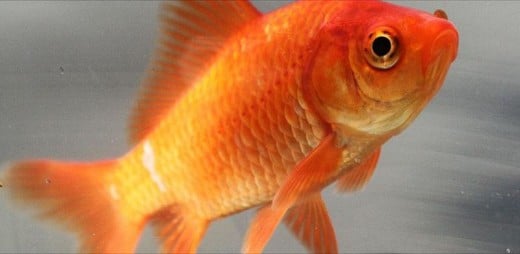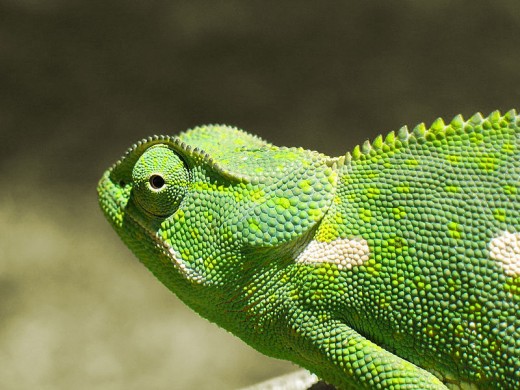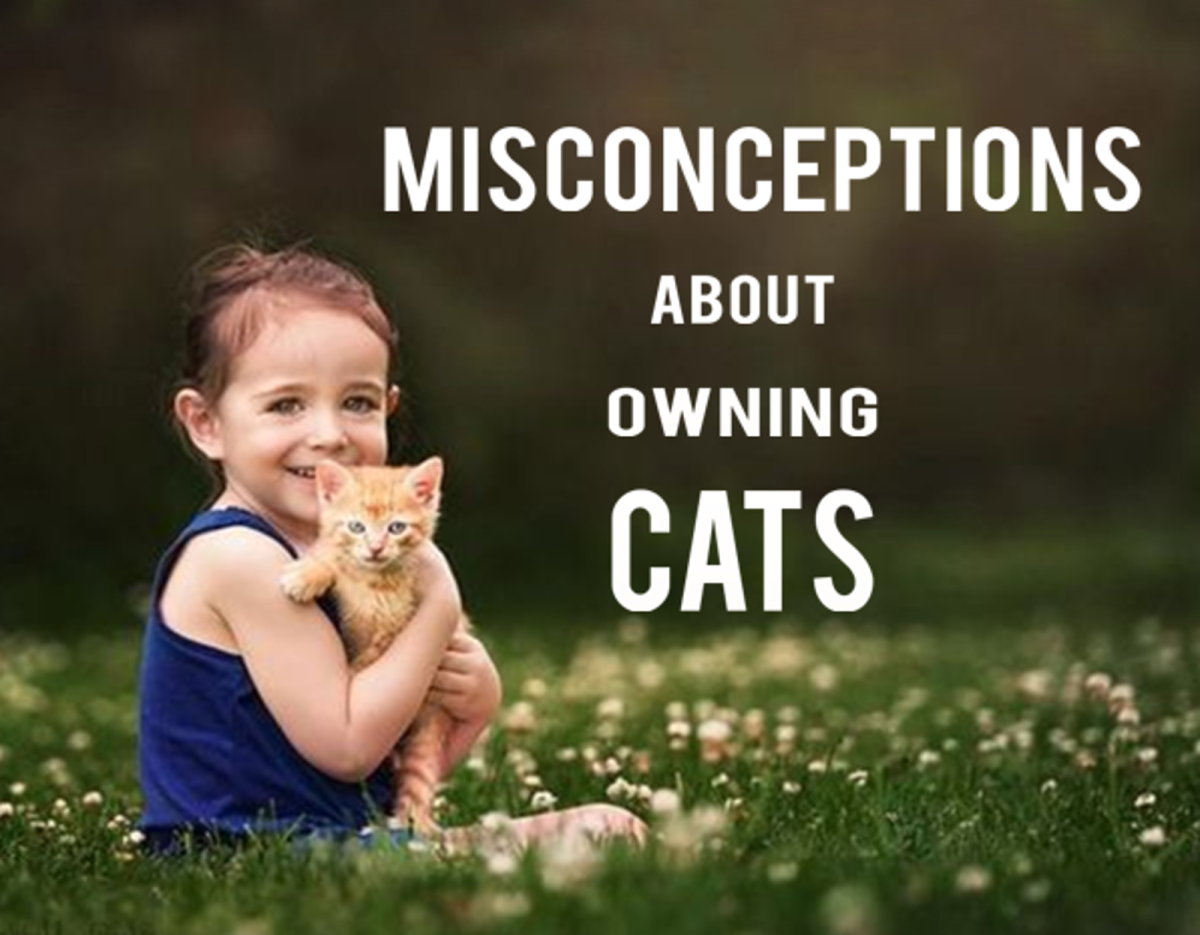6 Common Animal Misconceptions
Isn't it strange our mixed relationship with animals. We are dead terrified of some, pay no regard to others yet look after and even talk to our pets. There are many misconceptions about every topic, animals no exception, that have become ingrained into the collective common senses (or lack thereof) of our societies. Many of these misconceptions about animals stem from a time when our knowledge of wildlife was limited yet many people still hold these misconceptions. Many of these misconceptions also form the basis of common sayings and insults. The following is a list of six of our misconceptions about various members of the animal kingdom.

You've Got The Memory Of A Goldfish
For a long time, everyone just took it for granted that goldfish weren't the brightest fish in the tank. Goldfish were once thought to a have a memory of only a few seconds, not so according to recent studies on goldfish memory. Apparently the intellect of the humble goldfish has been understated and they can in fact not only remember for up to three months, but they also have a pretty accurate internal clock and are able to tell the time too. In a study, goldfish were placed in a bowl with a lever that released food into the tank when pressed during a certain hour of the day. The fish quickly learned how and when to press the lever and remembered and came back at the same time, day after day. When you consider that fish in the wild will return to the best feeding spots it makes sense that Goldfish too possess good memories, a fish with a three second memory in the wild would soon die of starvation.

You're As Blind As A Bat
There is not a single bat species that is blind. This saying originated as their nocturnal habit, the small eyes of some species and their reliance on echolocation (70% of all bat species echolocate, using reflected high-pitched sound waves to help locate their prey) all led people to believe that they must be blind. Although they can't see colour, even echo-locating bats have better night vision than we do. There are a group of bats known as Macrobats that have very good eyesight (these are the flying foxes and fruit bats of Africa, Asia and Australia). Macrobats have large eyes, do not echolocate and find fruit in the trees entirely by sight and scent.

Bury Your Head In The Sand
To "bury your head in the sand" is to mistakenly ignore your problems, in the hope that they will go away on their own. The saying refers to a defense behavior falsely attributed to ostriches. Ostriches have three self-defense strategies, they can kick with their claws, they can run away, or they can try to lay low and hide (such as when sitting on their eggs), however hiding their head in the sand isn't part of their strategy. The saying originates from Pliny the Elder, a Roman philosopher who said in regards to ostriches "they imagine, when they have thrust their head and neck into a bush, that the whole of their body is concealed". Although Pliny was probably talking metaphorically and there is no mention of sand at all, the saying got twisted and is today forever etched into our minds.

Suicidal Lemmings
Lemmings do not commit mass suicide by jumping off cliff into the sea when their population grows too large. Overpopulation does however cause some of the lemmings to try to migrate to areas with a lower population density. Occasionally some lemmings may by accident fall off cliffs or drown while trying to cross lakes and rivers that are too large for them, however none of this is intentional. Lemmings, being the vicious little rodents they are would prefer to tear each other to shreds than kill themselves purposely to reduce population numbers. While this misconception dates back to at least the nineteenth century, the 1958 Disney nature documentary White Wilderness was influential in its spread. The scenes of lemming migration were staged in the film in a rather macabre and cruel way, the poor helpless critters were thrown over the edge of a cliff by the film producers in order to get the footage they were after.

Elephant Graveyard
Elderly elephants sensing their time is near, do not instinctively leave the rest of their herd and travel to an elephant graveyard to die. This myth was probably created by elephant poachers, hoping to find a vast stockpile of ivory to sell. The notion of an elephant graveyard was reinforced in the 1994 Disney cartoon film The Lion King. It appears once again that Disney is guilty of spreading animal misconceptions to youngster everywhere.

Chameleon Camouflage
The last common animal misconception I'll cover is that chameleons change their skin color primarily to camouflage in with their surroundings to avoid detection by predators or to sneak up on prey. There are indeed some species of chameleon that successfully use camouflage, however most species only change colors to regulate their body temperature (darker colors absorb more of the suns rays, warming up the chameleon, while lighter colors reflect the suns rays, cooling the chameleon) or as a form of communication (such as one chameleon showing warning colors to tell another chameleon that this is their patch).








